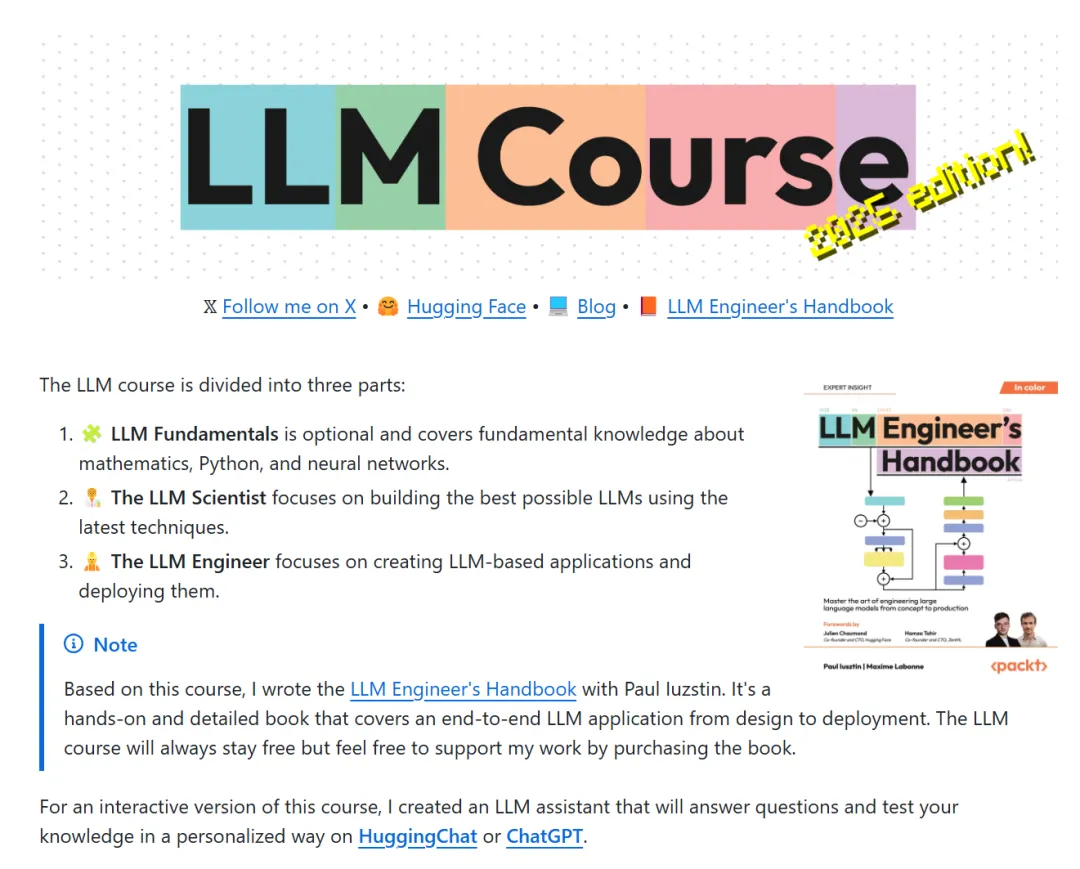When developing tools and services based on the Model Control Protocol (MCP), developers often face challenges such as complex protocol implementation, server management, and adapting to different transport mechanisms. Although the official Python SDK provides support for building MCP applications, its API abstraction level is relatively low, development efficiency is limited, and it lacks seamless integration with modern web development practices.
FastMCP, on the other hand, was designed precisely to address these issues. It not only inherits the core capabilities of the official SDK but also introduces higher-level abstractions and a rich feature set that dramatically simplifies the development process for both MCP servers and clients. Today, FastMCP has become the go-to solution for building robust and scalable MCP-based applications.
What is FastMCP?
FastMCP is a Python framework specifically designed for building both MCP servers and clients. Built upon the foundation of the official SDK, FastMCP introduces extensive encapsulation and optimization, allowing developers to focus on business logic rather than the intricacies of the underlying protocol.
✅ Key Features of FastMCP
- 🪄 High-Level Abstraction APIs: Define tools using simple decorators.
- 🌱 Official SDK Compatible: FastMCP 1.0 has been integrated into the official SDK.
- 🚀 High Performance & Extensibility: Supports multiple transport methods like SSE, Stdio, and memory, enabling flexible deployment.
- 🐍 Pythonic Design: Clean, intuitive, and easy to maintain.
- 🔧 Built-in Testing & Debugging Tools: Enhances development efficiency.
- 📦 OpenAPI / FastAPI Integration Support: Ideal for building RESTful interfaces.
- 🌐 Remote Proxy & Composition Patterns: Enables collaboration between multiple services.
Why Choose FastMCP?
While the official SDK offers basic MCP functionality, real-world project development often requires writing repetitive boilerplate code to handle protocol parsing, error handling, and transport mechanisms. FastMCP significantly improves this experience through:
1. Minimalist API Design
With just a single decorator, any function can be registered as an MCP tool:
from fastmcp import FastMCPmcp = FastMCP(name="Calculator")@mcp.tool()def add(a: float, b: float) -> float: return a + bStarting the server and specifying the transport method takes just one line of code:
if __name__ == "__main__": mcp.run(transport='sse', host="127.0.0.1", port=8001)2. Extremely Simple Client Development
FastMCP provides a lightweight client API—just one line of code is needed to create a client instance and invoke server-side tools:
async with Client("http://127.0.0.1:8001/sse") as client: tools = await client.list_tools() result = await client.call_tool("add", {"a": 5, "b": 3})3. Multiple Transport Method Support
FastMCP supports various transport protocols to suit different use cases:
- SSE (Server-Sent Events): Ideal for real-time streaming communication.
- Stdio (Standard Input/Output): Suitable for local CLI tools.
- Memory (In-Memory Communication): Useful for unit testing or embedded environments.
- HTTP/REST: Traditional web interfaces via FastAPI integration.
4. Seamless OpenAPI and FastAPI Integration
For developers who need standard REST interfaces, FastMCP integrates seamlessly with FastAPI and automatically generates OpenAPI documentation, greatly facilitating front-end and back-end collaboration.
Real-World Use Case: Smart Math Q&A System Based on FastMCP
To demonstrate the power of FastMCP, let’s walk through a typical smart math question-answering system that leverages natural language processing and tool execution.
1. Server Implementation
The server primarily provides four fundamental arithmetic operations:
from fastmcp import FastMCPmcp = FastMCP(name="MathServer")@mcp.tool()def add(a: float, b: float) -> float: """Addition operation""" return a + b@mcp.tool()def subtract(a: float, b: float) -> float: """Subtraction operation""" return a - b@mcp.tool()def multiply(a: float, b: float) -> float: """Multiplication operation""" return a * b@mcp.tool()def divide(a: float, b: float) -> float: """Division operation""" if b == 0: raise ValueError("Divisor cannot be zero") return a / bif __name__ == "__main__": mcp.run(transport='sse', host="127.0.0.1", port=8001)2. Client Integration with LLM
After connecting to the server, the client works in conjunction with a Large Language Model (LLM) to interpret user input and generate natural language responses:
class ChatSession: def __init__(self, llm_client, mcp_client): self.llm_client = llm_client self.mcp_client = mcp_client async def process_llm_response(self, llm_response): try: tool_call = json.loads(llm_response) if "tool" in tool_call and "arguments" in tool_call: result = await self.mcp_client.call_tool(tool_call["tool"], tool_call["arguments"]) return f"Tool execution result: {result}" return llm_response except json.JSONDecodeError: return llm_response async def start(self, system_message): messages = [{"role": "system", "content": system_message}] while True: user_input = input("User: ") messages.append({"role": "user", "content": user_input}) llm_response = self.llm_client.get_response(messages) result = await self.process_llm_response(llm_response) print("Assistant: ", result)3. Example Interaction
User: I want to purchase some goods at a unit price of 1034.32423, quantity 235326. The merchant says he can offer a 95% discount. What's the final total?Assistant: {"tool": "multiply", "arguments": {"a": 1034.32423, "b": 235326}}Assistant: {"tool": "multiply", "arguments": {"a": 243403383.74898, "b": 0.95}}Assistant: The discounted total is 231,233,214.56.Advantages of FastMCP: A Comparative Overview
| Feature | Official SDK | FastMCP |
|---|---|---|
| API Simplicity | Moderate | ⭐⭐⭐⭐⭐ |
| Development Efficiency | Medium | ⭐⭐⭐⭐⭐ |
| Extensibility | Basic | Rich |
| Client Usability | Moderate | Extremely Simple |
| Documentation & Community | Moderate | Comprehensive Docs & Active Community |
| Transport Method Support | Limited | SSE, Stdio, Memory, etc. |
| Modern Web Framework Integration | No | FastAPI Supported |
Conclusion: FastMCP Is the Best Practice for MCP Development
If you're looking for an efficient and flexible way to build AI-powered toolchains based on the MCP protocol, FastMCP is your best bet. It not only lowers the barrier to entry but also offers powerful extensibility and solid engineering support.
Whether you're building simple utility services or complex multimodal AI applications, FastMCP provides a strong foundation for scalable and maintainable development.
🌟 Project Repository: https://github.com/jlowin/fastmcp
📚 Official Documentation: https://gofastmcp.com/getting-started/welcome



